Hiring a skip can be a relatively daunting task if you’ve never done it before, as there’s actually a lot more to it than one might have initially thought. Waste management jargon can also make the experience more confusing and overwhelming if it’s your first time hiring a skip. Therefore, Willshee’s are on hand to provide you with the ultimate guide to hiring a skip for the first time, or even if you’re a little rusty when it comes to the overall process.
What can I put in a skip?
There’s a variety of different waste types that can be disposed of in an average skip, perhaps even too many to list. So instead, here’s everything that you shouldn’t put in a skip:
- Asbestos
- Batteries
- Clinical or medical waste
- Fluorescent tubes
- White goods, such as fridges and freezers
- Gas canisters and bottles
- Hazardous or toxic waste materials
- Liquids of any kind
- Solvents
- Pressurised containers
- Petrol or diesel
- Oil
- Paint or paint cans
- Plasterboard
- Tyres
- Mattresses, although this depends on the waste carrier
If prohibited items are found in the skip, then you might be charged extra or they can simply refuse to take the skip until you remove the restricted items. Also, if banned products are found upon processing the waste, then the waste carrier may well send those items back to you, depending on their policy.
You should read all terms and conditions within the contract if you’re worried about accidentally putting restricted items in the skip. You could also ask about what the prohibited items are and their policy for dealing with them when found in a normal skip.
If you do need to dispose of any items listed above, then Willshee’s offers a hazardous waste removal service that’s dedicated to taking away and disposing of any prohibited items responsibly. If you have any restricted waste material to get rid of, then make sure you let the waste carrier know before they drop off the skip as they’ll be able to provide a more appropriate solution.

What size skip do I need?
This depends solely on the amount of waste you’re looking to dispose of and the amount of space you have to house the skip for as long as you need it. But if you know how much rubbish you have to get rid of, then opting for a larger skip is often the more cost-effective option than hiring lots of smaller skips.
Although, it’s only a money-saving incentive if you have enough waste to fill a larger skip, or you’ll end up paying for capacity you won’t use. If you aren’t sure how big you need your skip to be, then ask your waste carrier for advice, they’ll be able to provide a rough guide so that you’re given a skip that’ll effortlessly meet your needs.
How much does skip hire cost?
How much a skip costs depends on how big the skip is, how long you need it for, the area you live in and whether you intend to keep it on private or public property. But with Willshee’s, you’ll be able to get a quick quote for the skip you need.
But it’s important to note that the price of a skip up north will be less expensive than hiring a skip down south, generally. The price of a skip might also rise if you need a skip permit from the council. But the average price for a skip in the UK is around £300 including VAT, if you’ll be using it for up to two weeks.
Do I need a skip permit?
You will only need a skip permit if you’re putting a skip on public land rather than private property. You’ll be able to get your skip permit from the council and it must be acquired before the skip is delivered. It can take up to a few days for the skip permit to be processed and sent to you, so allow enough time for this if it applies to your situation.
Some waste carriers will arrange a skip permit for you, at an extra cost, so it’s worth asking whether they offer this service alongside their skip hire. This will make things a lot more convenient for you in the long run.
If you’ll need to put your skip in a controlled parking zone, then you’ll need a parking suspension and this can be arranged via the council also. Although this can take a little longer to organise and it can end up costing a little more than the average skip permit – something else to bear in mind when looking to place a skip in a public space.
What are wait and load skips?
A wait and load skip service is a great option for those who have limited space to house a skip for a number of weeks. It involves a skip lorry waiting outside your home while you load your waste into it. Once you’re done, the lorry will simply take your waste away. It’s important, though, with a wait and load service that you already have your waste bagged up and ready to go.
How long can I hire a skip for?
The average price of a skip will normally cover hire for up to two weeks, but a lot of waste carriers can be highly-flexible when it comes to collection dates, so discuss this with the company you choose and let them know how long you’ll need the skip for and whether they can meet your needs.
If you need the skip for longer than the usual time, then be prepared to pay a little extra for the service. It’s important to note, however, that a waste management company can refuse to hire the skip out to you for longer than planned if they’ve run out of skips and are having to turn customers away as a result.
How much weight can a skip hold?
This depends entirely on the size of the skip you go for. For example, a 2.5 yard skip will be able to hold around 20-30 bags of waste, whereas an 8 yard skip can hold approximately 70-80 bags of waste. If you’re wanting to dispose of an extensive amount of rubbish, then discuss this with the waste carrier you’re using before hiring a skip. Ask them what they would recommend depending on the type of waste you have to dispose of and how much of it you’re likely to have.
How high can I load a skip?
Most skips have a line painted on the inside which indicates how high you can fill your skip. You’ll also find a ‘Level Loads Only’ section within your terms and conditions, specifying how much you can put in your skip regarding height.
The general rule is that you don’t fill your skip above the interior line or height of its sides. If you exceed the height limit, the operator can refuse to take your waste away or even ask you to remove items before the skip is driven away.
This is because overloaded skips can be exceptionally dangerous when it comes to transporting the waste as materials could fall out in transit and cause injury to drivers or passersby. It could also cause damage to property along the way, including houses, walls and other structures.
What are the rules if I put my skip on the road?
There are a number of safety rules you’ll need to adhere to in order to place your skip on the road. You’ll have to ensure that lights are placed on the side of the skip so people know that there’s an obstruction in the road.
You’ll also have to cover the skip over with tarpaulin to stop items from blowing away and, potentially, causing damage to passersby or property. This will also stop someone from putting rubbish into the skip without your permission – you’re responsible for everything that ends up in the skip you’ve hired, even if it wasn’t you who put the waste in there.

Willshee’s are proud to offer our customers reliable waste management services, including both domestic and commercial skip hire, trade waste disposal and even hazardous waste removal. If you’d like more information about any of our reputable services, including our recycling processes, get in touch with a member of our knowledgeable, specialist team today – we’re always happy to help.






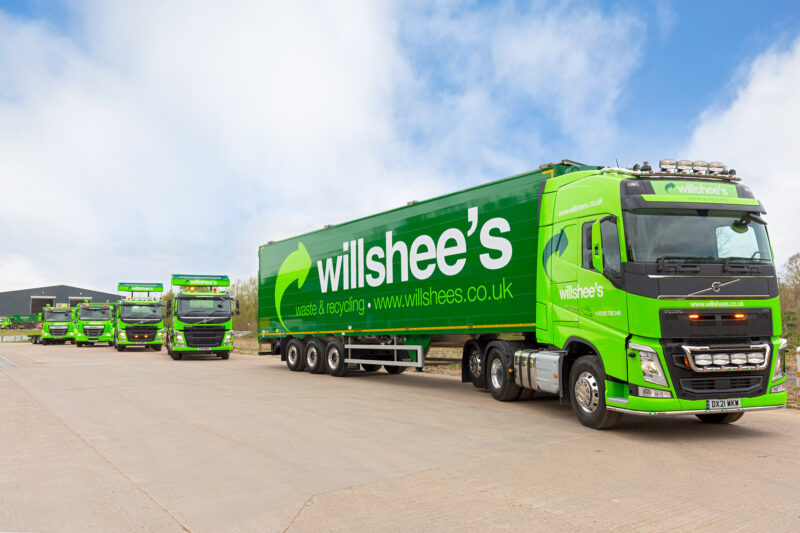
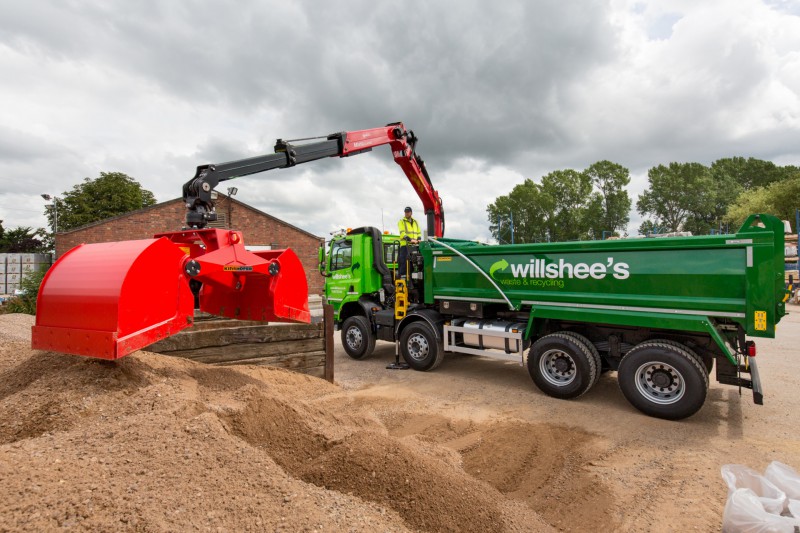

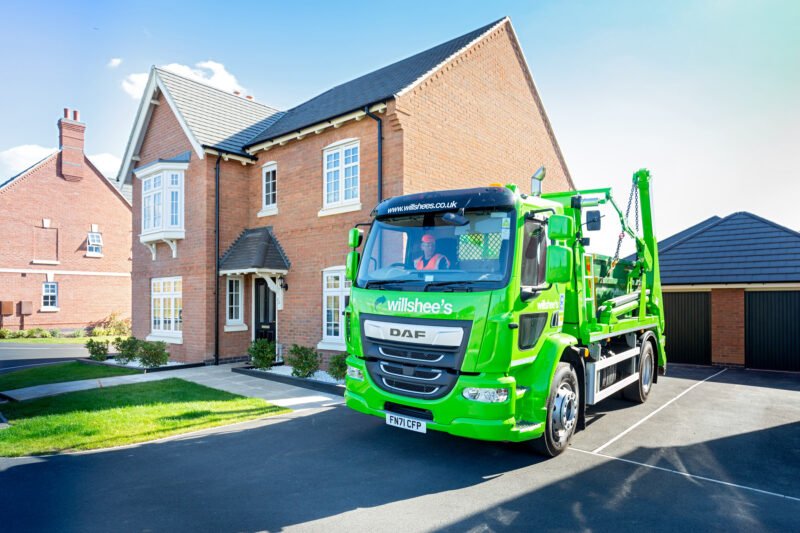
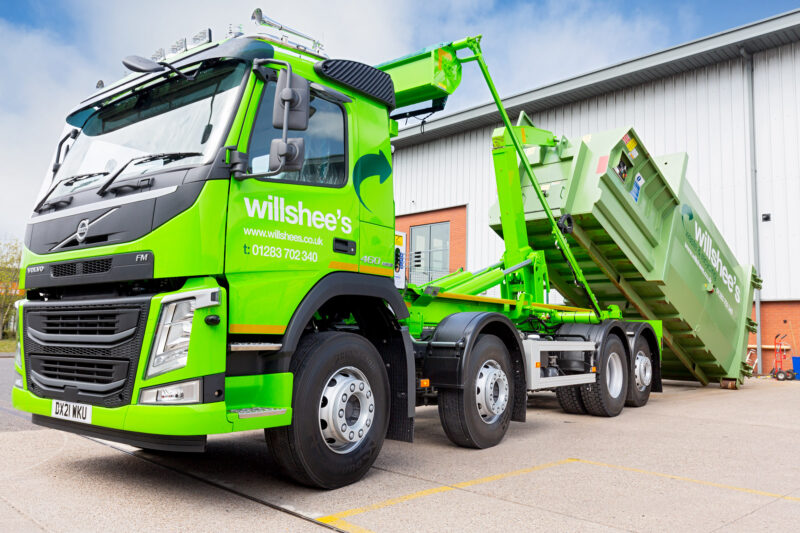
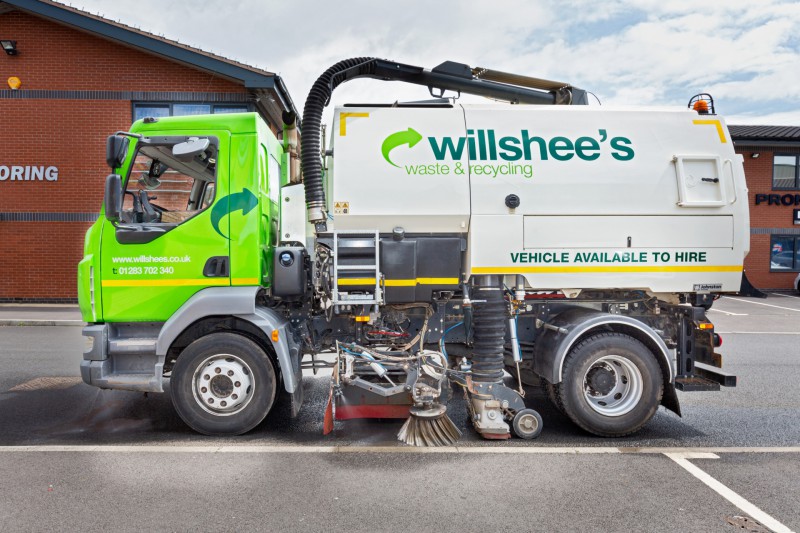
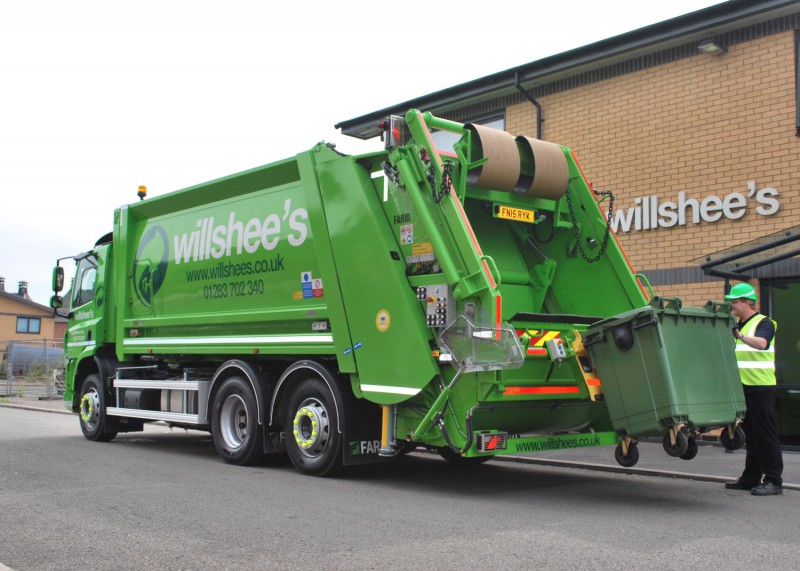
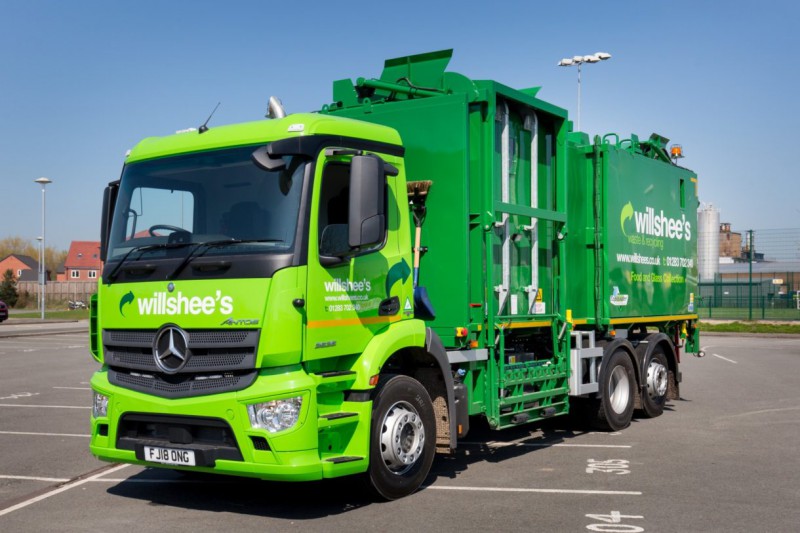
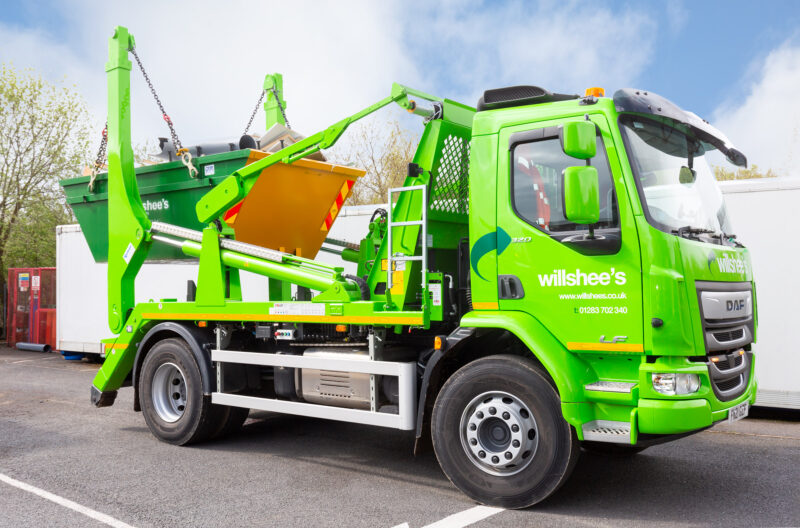
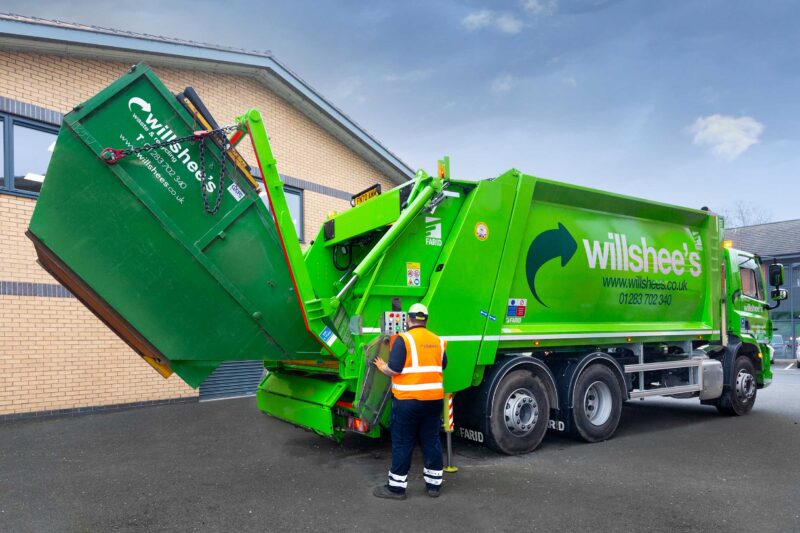
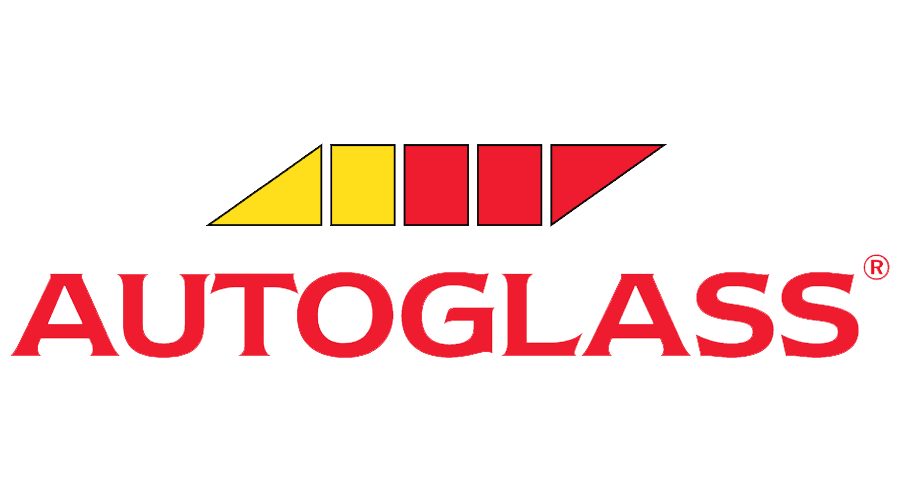


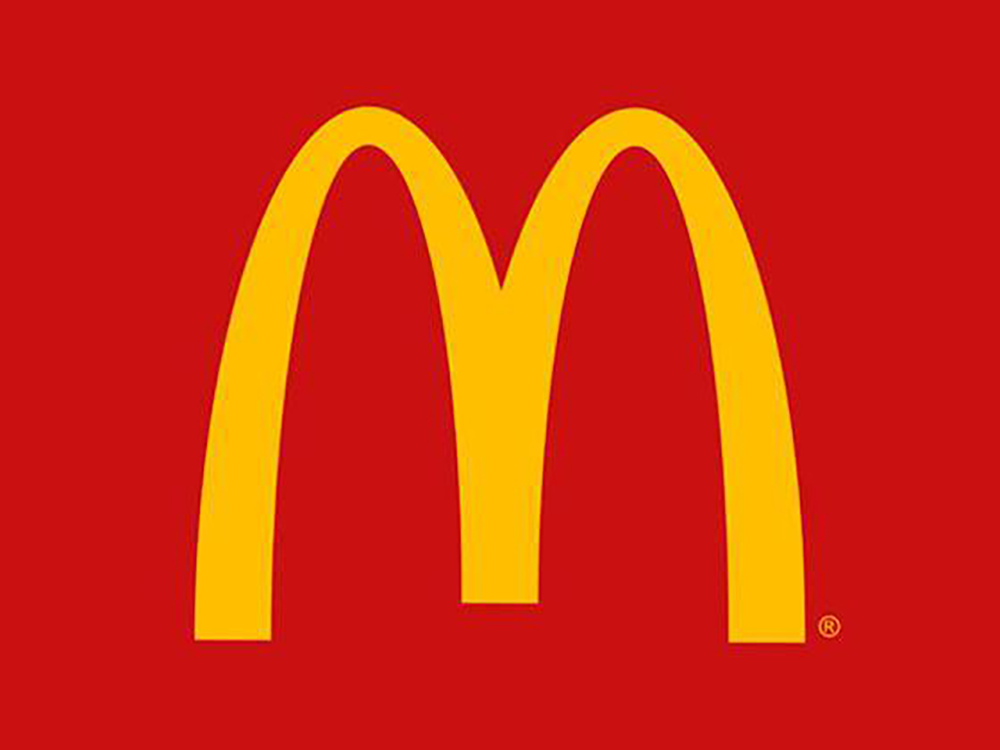


Social